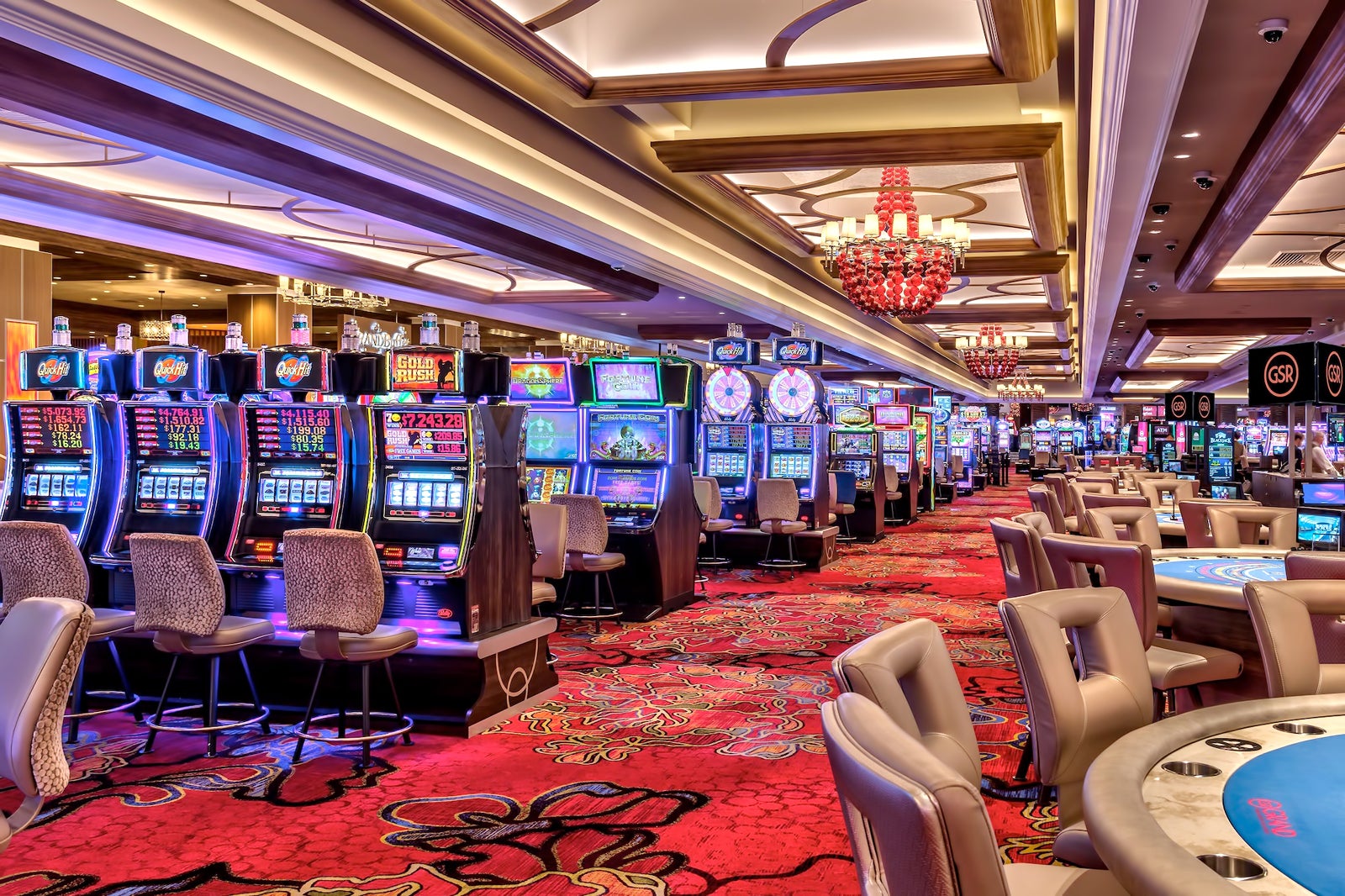
In the world of gambling, where chance and strategy intersect, a unique tapestry of beliefs manifests—one that weaves together luck, fate, and the enigmatic nature of casino games. Casinos, bustling with excitement and anticipation, are not just spaces for placing bets; they are also arenas where superstitions thrive. Ranging from the novice player to the seasoned gambler, these mysterious practices often shape how individuals approach the games they play, believing that their actions can influence the outcome in ways that go beyond mere probability.
When players gather around roulette wheels, blackjack tables, and slot machines, the atmosphere is thick with stories of lucky charms, rituals, and codified behavior that defy logic yet provide a sense of comfort. Whether it’s wearing a specific outfit, following a particular sequence of bets, or even avoiding certain numbers, the attachment to various superstitions reflects a deep-rooted desire to master the uncontrollable. This article delves into the captivating world of casino game superstitions, exploring the beliefs that both entertain and mystify those who dare to play.
Historical Roots of Superstitions
Betting games have long been connected with an array of superstitions that can be traced to ancient cultures. The origins of these beliefs can be associated to humanity’s intrinsic need to control the unpredictable outcomes connected with chance and uncertainty. In primitive civilizations, activities of uncertainty were often connected to spiritual practices. Gamblers would seek favor or ask for favor from deities, believing that their actions could affect the odds in their benefit. This foundation laid the groundwork for the multitude of superstitions that proliferated as casino games evolved over centuries.
During the medieval period, gambling became a common hobby across Europe, and with it, a rich tapestry of superstitions appeared. Participants adopted different rituals and charms, believing they could affect the consequences of games. The value of numbers, in particular, began to show in superstitions pertaining to card games and dice. The number seven was often considered favorable, while different numbers carried unfortunate connotations. These beliefs mirrored the social contexts of the time, changing as they moved through generations and transformed to different gaming environments.
As gaming establishments developed in the seventeenth century, particularly in Italy and the French nation, the atmosphere surrounding gambling became saturated in enigma. The growing openness of gambling activities allowed for the spread and variation of superstitions among players. Concepts like fortunate charms, specific seating arrangements, and rituals gained prevalence, creating a special culture within betting houses. As these customs continued to thrive, they became essential to the identity of gambling games, illustrating how history and tradition shape the convictions that influence how participants interact with luck.
Popular Casino Superstitions
Beliefs surrounding gambling activities are abundant and diverse, mirroring the dreams and anxieties of players as they participate in random games. One of the most prevalent views is that specific digits bring luck or bad luck. For example, the number 7 is often seen as a lucky digit, frequently embraced by players looking for a favorable result. Conversely, the number thirteen is routinely considered cursed, leading many players to avoid it during their gambling sessions.
A common superstition relates to rituals that gamblers believe can influence their odds. It could be blowing gently on dice before a roll, using a particular gesture to place a bet, or even putting on specific items of clothing, many people feel that these rituals can tilt luck in their favor. cpc2888.org These rituals offer a feeling of control in an otherwise unpredictable environment, strengthening the idea that luck can be created through individual beliefs and habits.
Finally, the environment and vibe of the casino itself adds to myths. Many gamblers suggest that the presence of specific icons, such as four-leaf clovers or fortunate coins, can enhance their chances of winning. Additionally, gamblers might adhere to the belief that winning streaks can be halted by mundane events, such as a person walking past or a accident at the gaming surface. The shared environment in a casino can amplify these superstitions, creating a communal culture of superstitions that goes beyond single experiences.
Impact of Superstitions on Players
Beliefs play a crucial role in the psychology of casino players, often affecting their actions and decision-making. A lot of gamblers think that fortune can be manipulated through various rituals, such as donning a talisman, choosing particular hues, or avoiding certain numbers. This dependence on superstitions can create a sense of authority in an environment that is inherently unpredictable. Players often feel more confident and involved when they believe that their actions could sway the outcome of a game in their advantage.
The impact of these superstitions extends past individual players, affecting the overall atmosphere within the casino. For instance, a player who believes in the luck of a certain slot machine might draw a crowd, as onlookers are intrigued by their apparent success. This collective belief can heighten excitement and create a dynamic environment, leading to an interesting experience even for those who may not necessarily be superstitious. The buzz around specific games can lead to higher participation and extended playing sessions, supporting the casino’s vibrant social scene.
In some instances, superstitions can lead to harmful effects for players. Relying too much on rituals can result in poor gambling decisions, as some may overlook basic strategies in favor of unfounded beliefs. Additionally, the stress to perform rituals may increase anxiety and tension, diminishing from the pleasure of the experience. Ultimately, while superstitions can enhance the thrill of playing casino games, they can also lead to poor choices that overshadow the fun and entertainment intended in the casino experience.